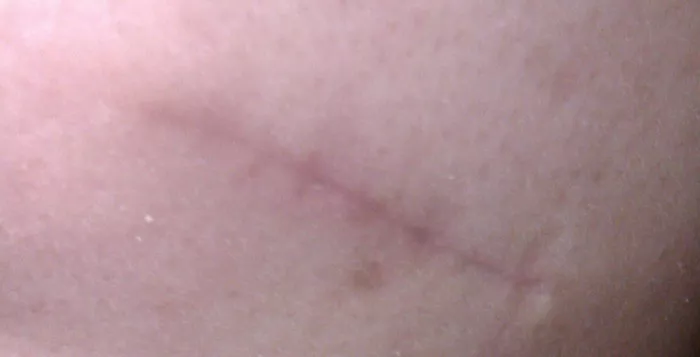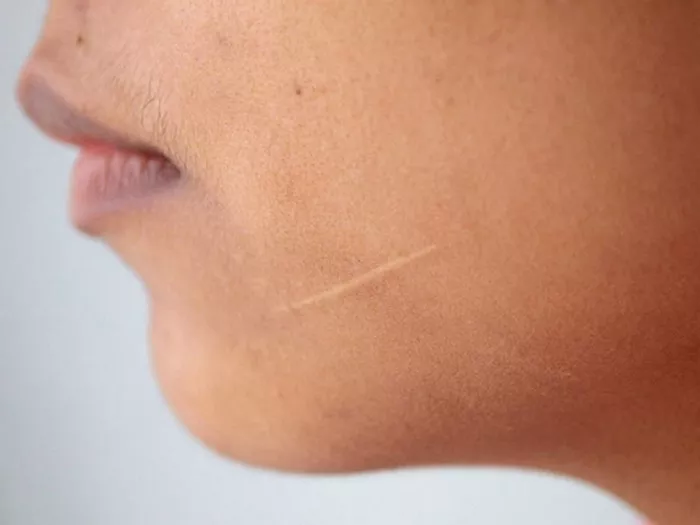As the festive season winds down, many individuals may feel a dip in their mood, facing the aftermath of post-holiday exhaustion and the return to daily routines. While it’s common to feel a sense of nostalgia or fatigue after the celebrations, experts urge that it’s important to distinguish between the temporary holiday blues and more serious mental health issues like Seasonal Affective Disorder (SAD) or clinical depression.
Understanding the Post-Holiday Slump
Anne Jackson, a prominent life coach and mental health expert based in Dubai, explains that the holiday season’s heightened emotional activity—family gatherings, parties, and celebrations—can often leave individuals experiencing what feels like an emotional “hangover.” The abrupt shift from festive excitement back to normalcy can result in a temporary mood decline.
“It’s completely normal for your mood to drop after the holidays,” Jackson says. “But it’s crucial to differentiate between post-holiday blues, SAD, and depression. While they share some common symptoms, each has distinct causes, duration, and severity.”
The Key Differences
For some, the transition back into everyday life is more seamless. Jackson notes that people with a strong emotional foundation may feel sadness or nostalgia but can bounce back quickly. “These emotions typically last for a few weeks and fade as routines are restored,” she explains.
However, for those with a weaker emotional base, the post-holiday period can unearth deeper, long-standing issues. “The holidays can highlight underlying unhappiness and indicate that more serious problems have been present long before the season began,” Jackson adds.
The primary difference between the post-holiday blues and clinical depression is the duration and intensity of symptoms. In the case of the holiday blues, people are still able to function—getting out of bed, going to work, and fulfilling their responsibilities, even though they might not feel their best. Clinical depression, by contrast, is more pervasive and persistent. “With depression, feelings of sadness linger well beyond the holiday season. Even as routines return, the emotional heaviness remains,” Jackson notes.
Signs of Clinical Depression
Depression can manifest in various ways. Some may experience physical symptoms such as fatigue, changes in sleep patterns, and appetite fluctuations. In more severe cases, individuals may struggle to leave bed or get through the day. Conversely, those with high-functioning depression can continue to meet their daily responsibilities while internally grappling with sadness, low energy, and a sense of detachment. Despite their outward appearance of normalcy, these individuals often feel emotionally drained.
“When someone is clinically depressed, they often feel detached from life itself,” Jackson explains. “This differs from the holiday blues, where there is still some level of engagement with life, despite the emotional challenges.”
Seasonal Affective Disorder (SAD)
SAD is a type of depression linked to seasonal changes, particularly during the winter months when daylight hours are shorter. While this condition is typically associated with colder climates, it can also affect individuals in the Gulf region, where sunlight exposure is reduced during the shorter days of the year.
“Even in warmer regions, less exposure to sunlight can disrupt serotonin and melatonin levels, leading to changes in mood, energy, and sleep patterns,” Jackson explains. “This biological response to seasonal changes can trigger feelings of sadness or fatigue, especially for those who are predisposed to depression.”
Unlike the temporary post-holiday slump, SAD persists throughout the colder months and can significantly affect one’s overall well-being. “It’s rooted in how our bodies respond to changing light levels rather than cold temperatures,” Jackson notes.
Coping Strategies and Seeking Help
For those experiencing a post-holiday slump, Jackson advises practicing self-compassion. “It’s important to accept that it’s normal to feel this way. Negative emotions are a natural part of life,” she says. “Acknowledge how you’re feeling and be gentle with yourself.”
Incorporating self-care practices into daily routines can help counteract the effects of the slump. Jackson recommends small but impactful actions such as spending time outdoors, reading a book, or taking quiet moments for self-reflection. “Rebuilding a routine that nourishes you is essential, especially after the chaos of the holidays,” she adds.
For those struggling to adjust to their pre-holiday routine, Jackson suggests gently reintroducing positive habits, like exercise or healthy eating, to restore balance. However, if returning to normalcy feels overwhelming, it could signal deeper issues. “If the idea of resuming your routine fills you with dread, it could be an indication that your life or work isn’t aligned with your values.”
When to Seek Professional Help
If feelings of sadness persist or worsen, Jackson recommends seeking professional support. Therapy, such as Cognitive Behavioral Therapy (CBT) or Compassion-Focused Therapy, can be effective tools for re-framing negative thought patterns and developing healthier coping mechanisms.
Conclusion
It’s important to recognize the signs of different mental health challenges—whether it’s post-holiday blues, SAD, or clinical depression—so that individuals can seek the appropriate support. Jackson emphasizes the importance of recognizing when your emotional state may require professional intervention.
“It’s okay to feel low sometimes,” she concludes. “What matters is acknowledging it, seeking the right help if needed, and being kind to yourself throughout the process.”
Related Topics

































